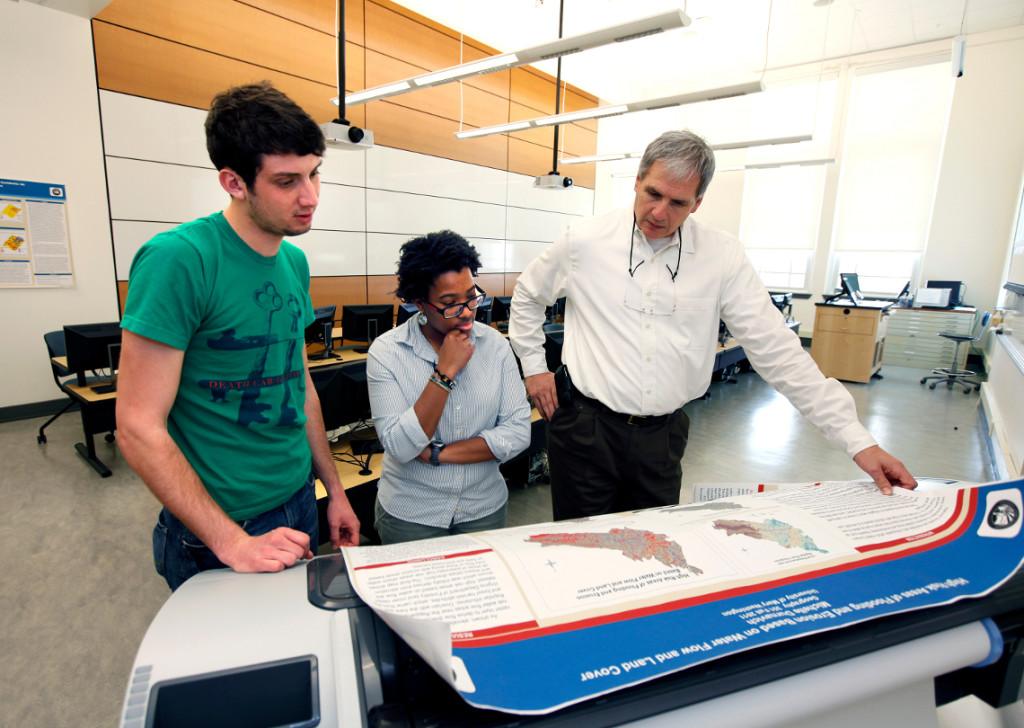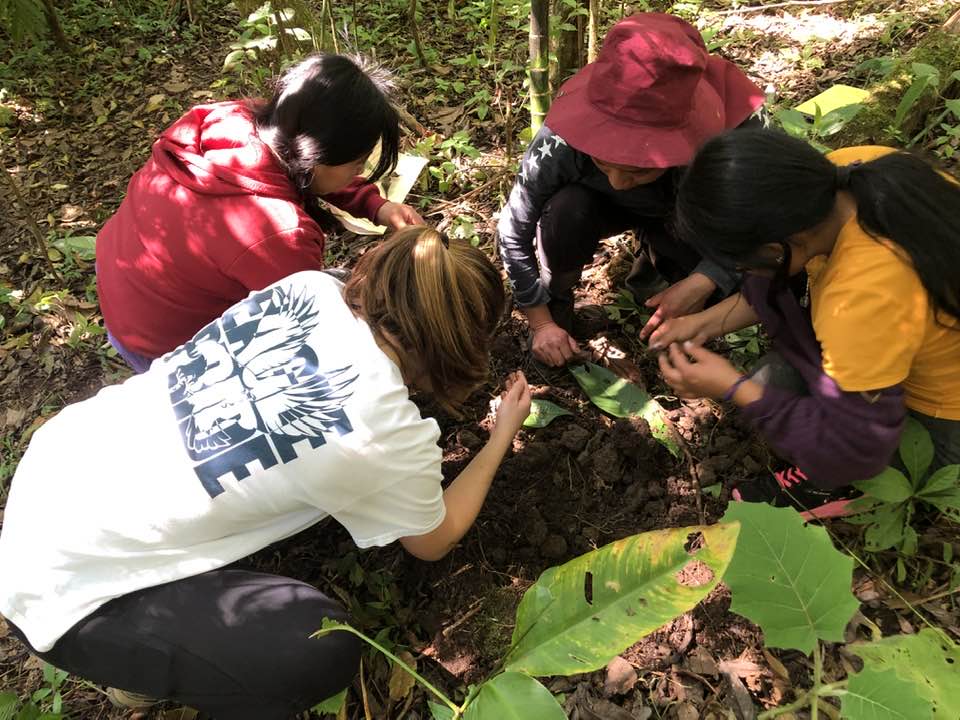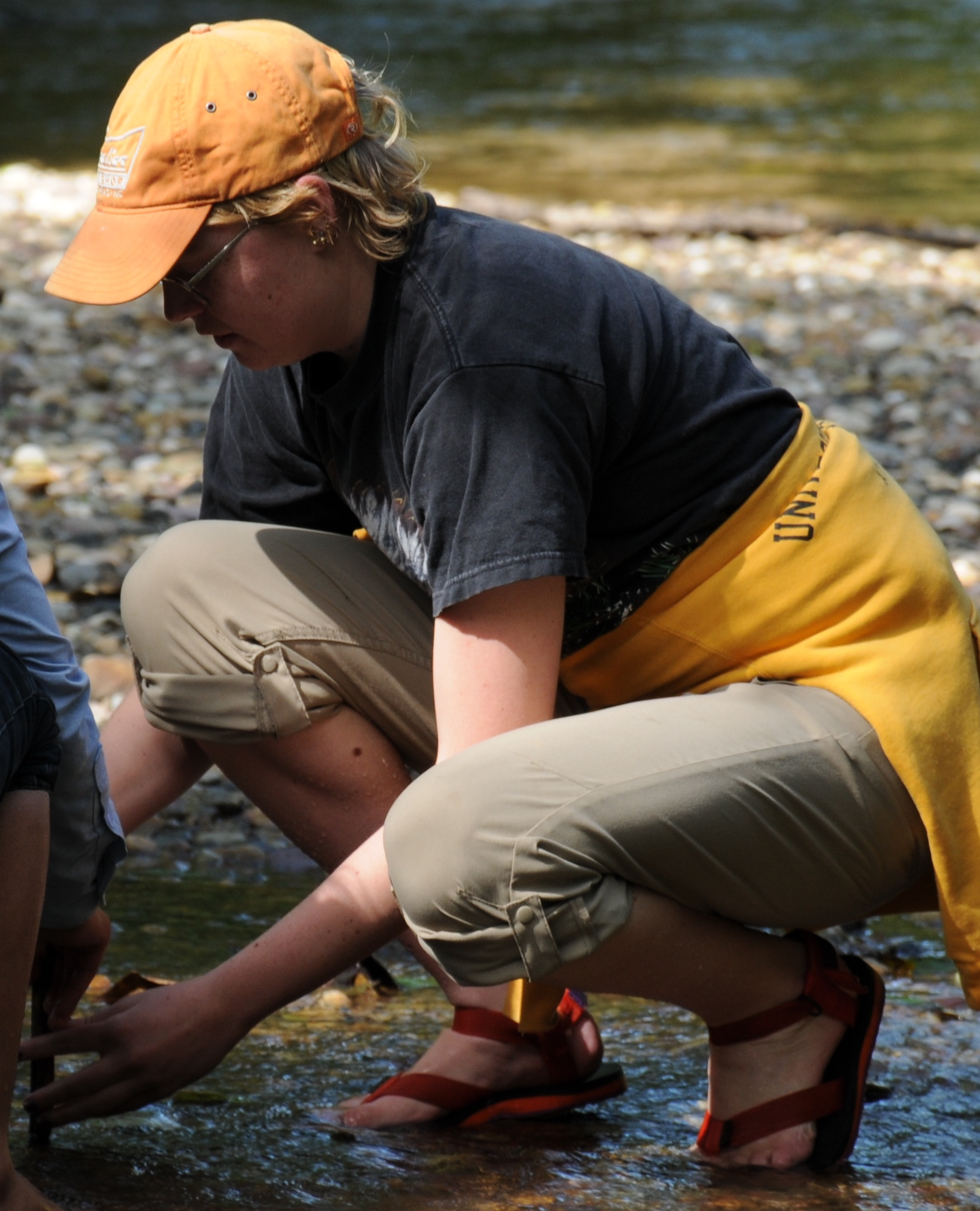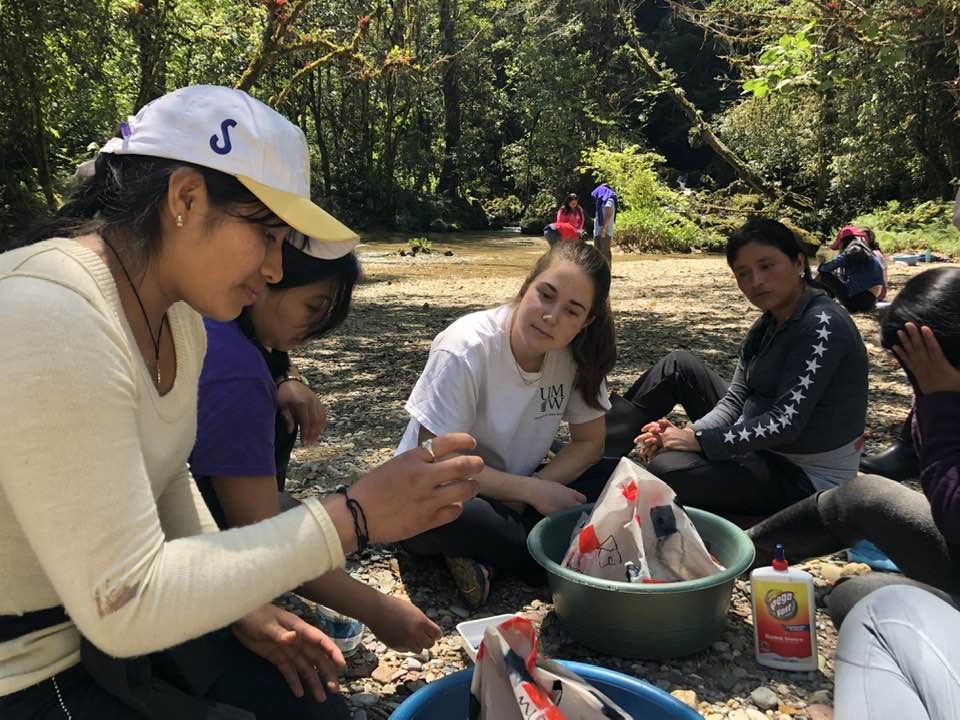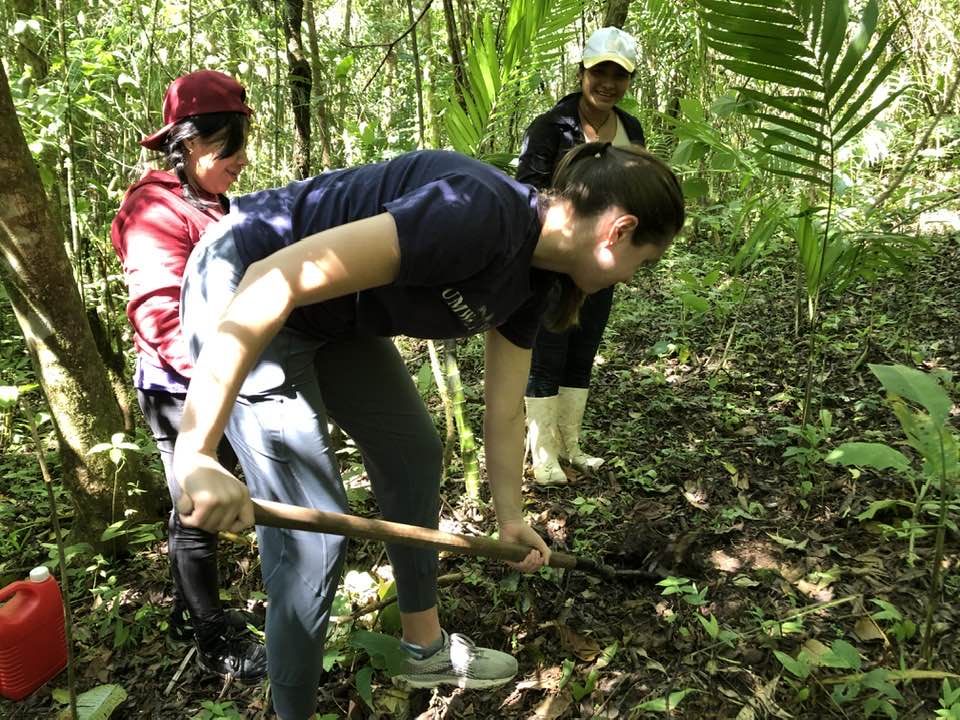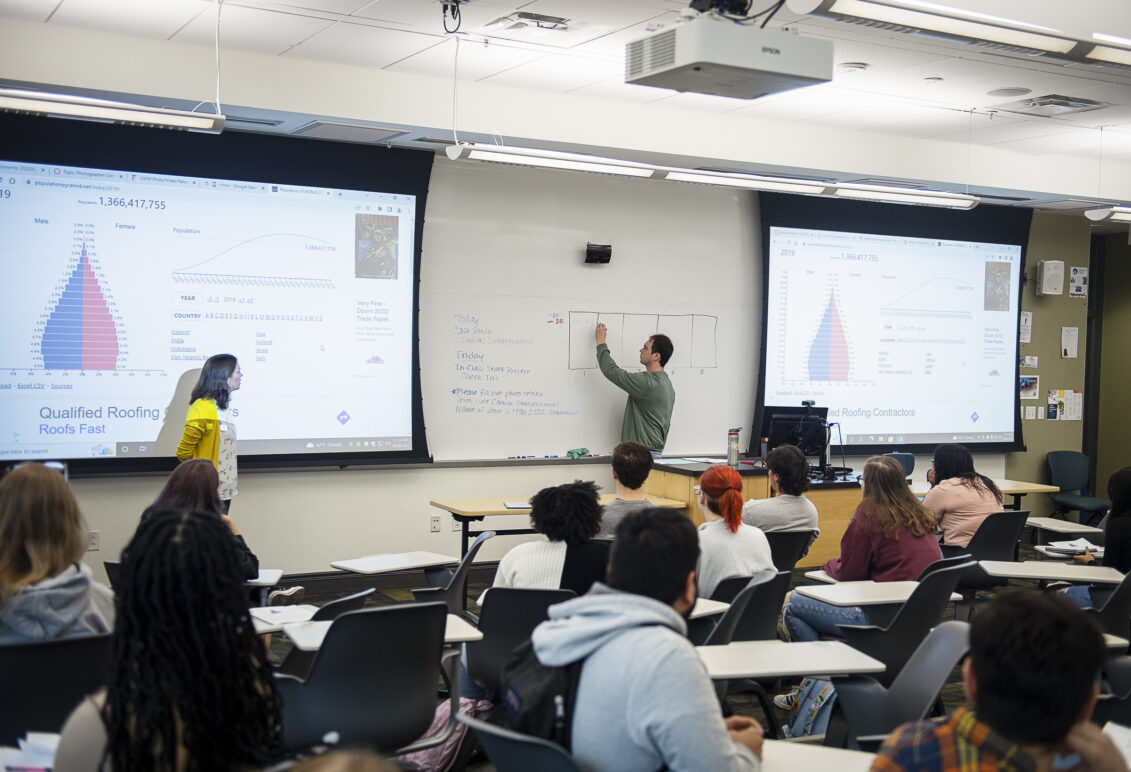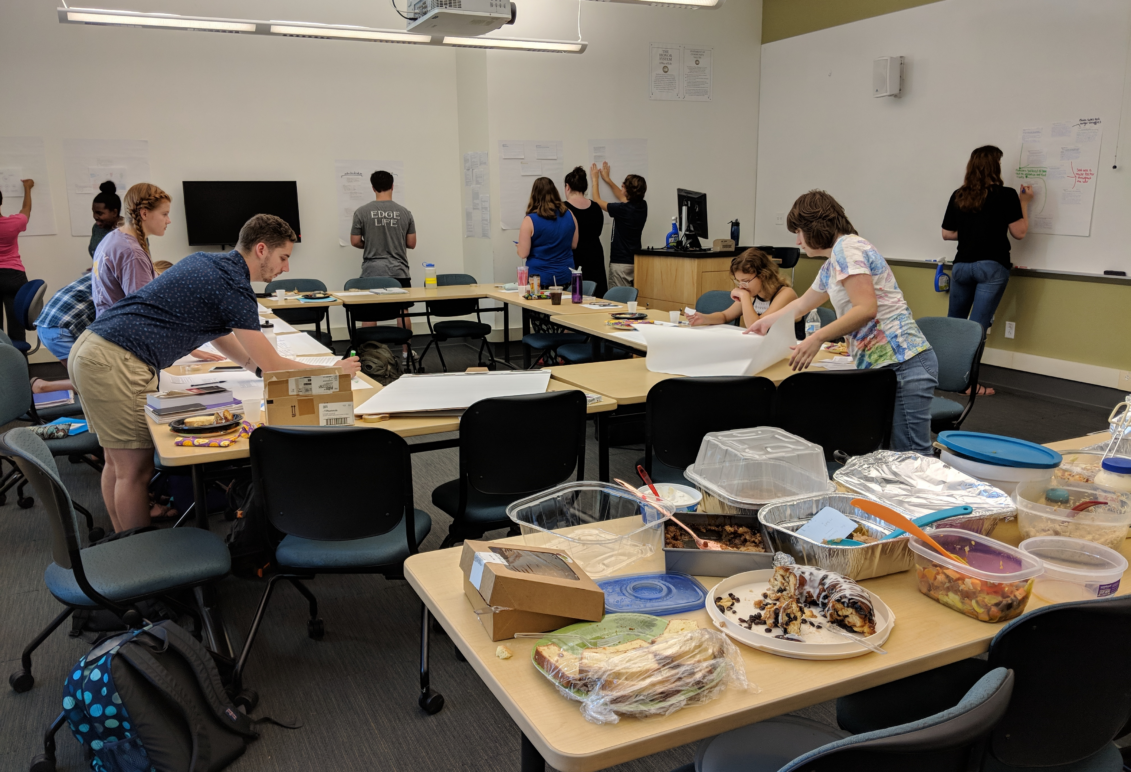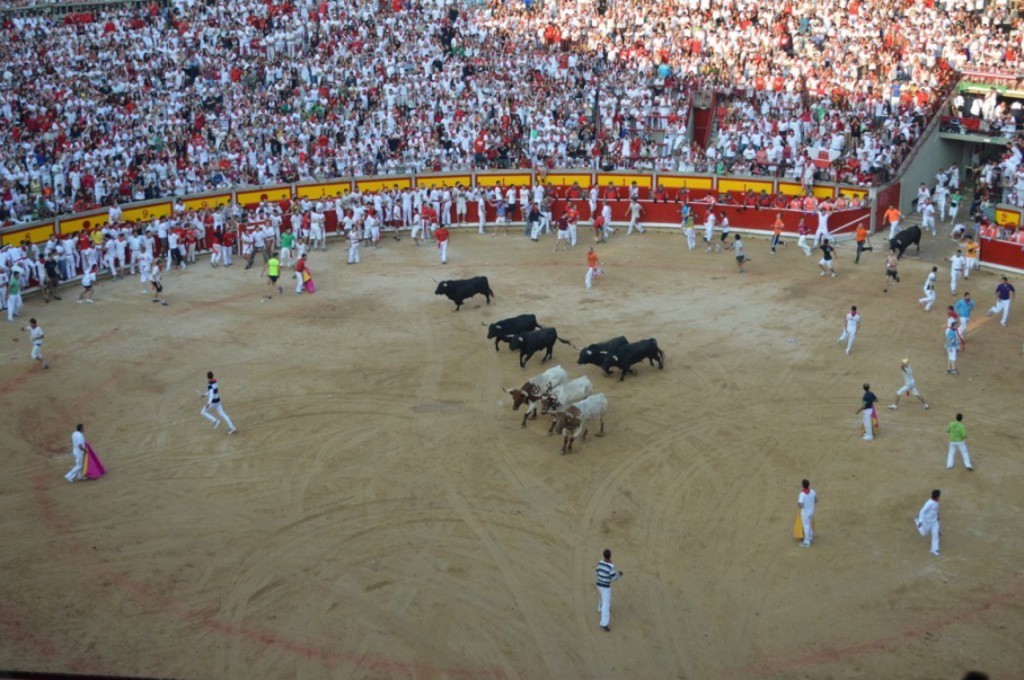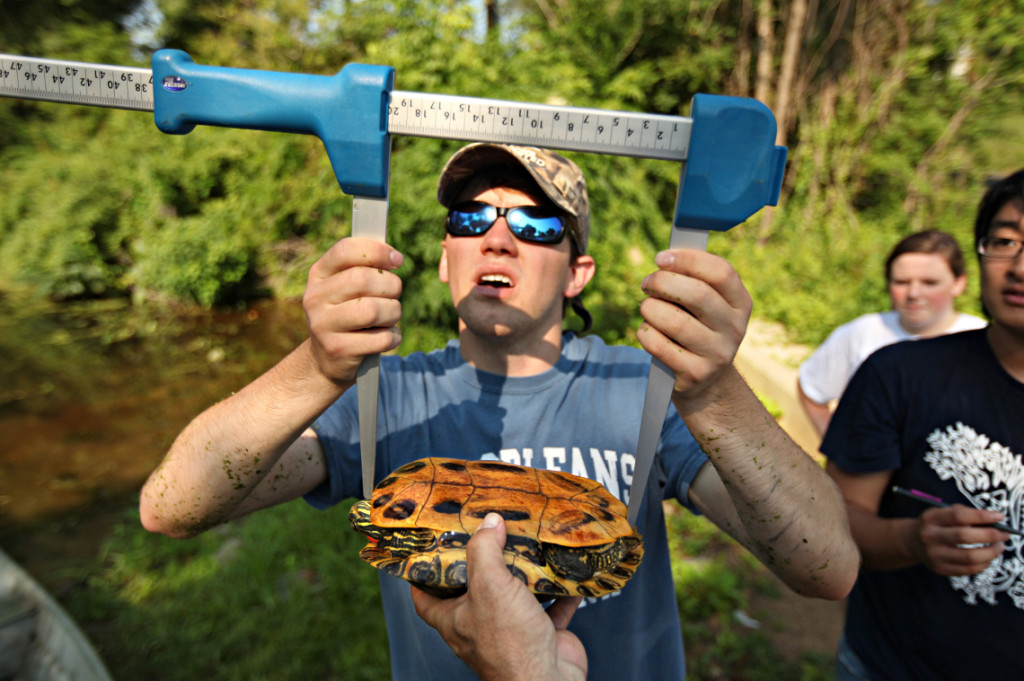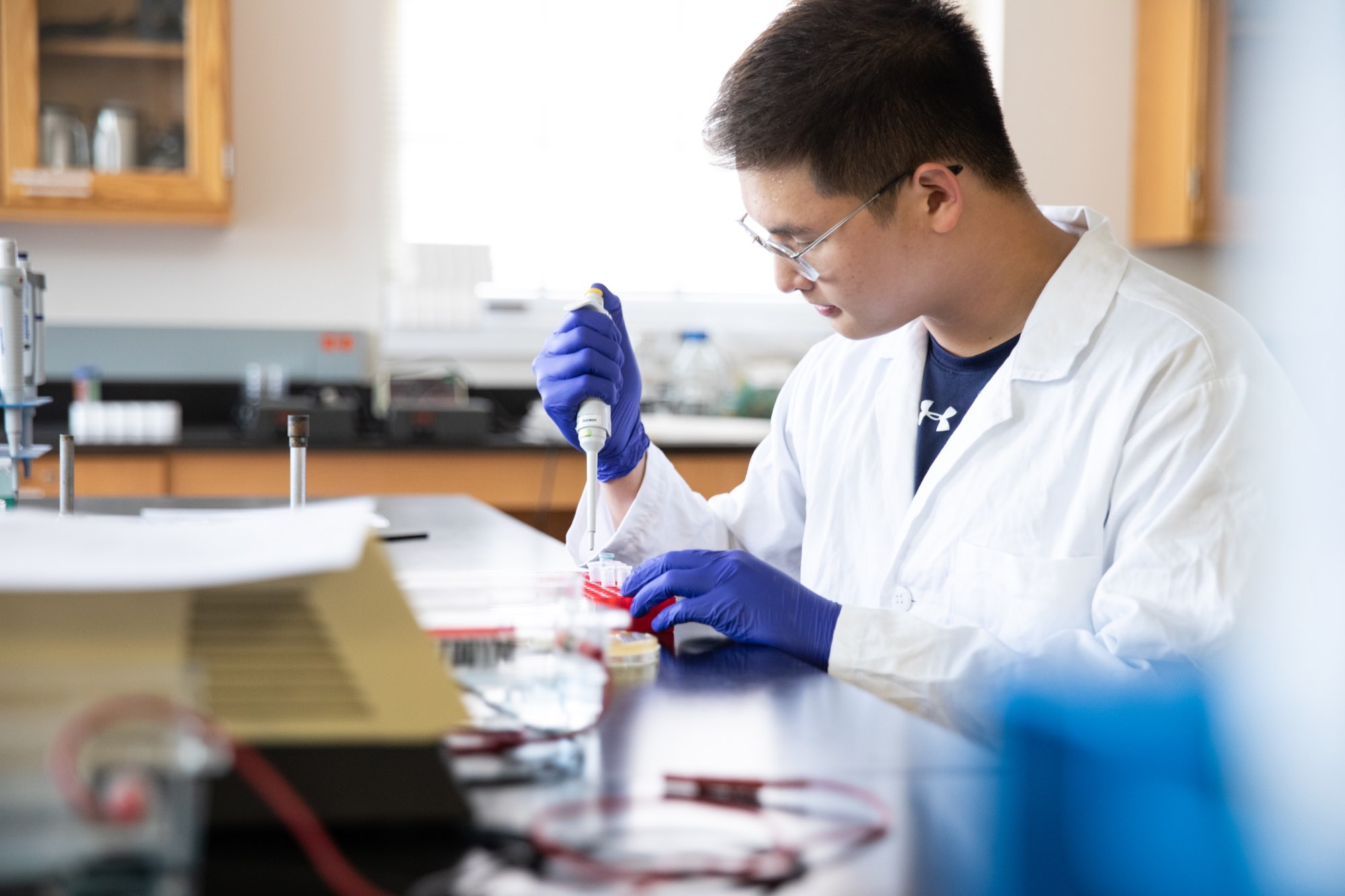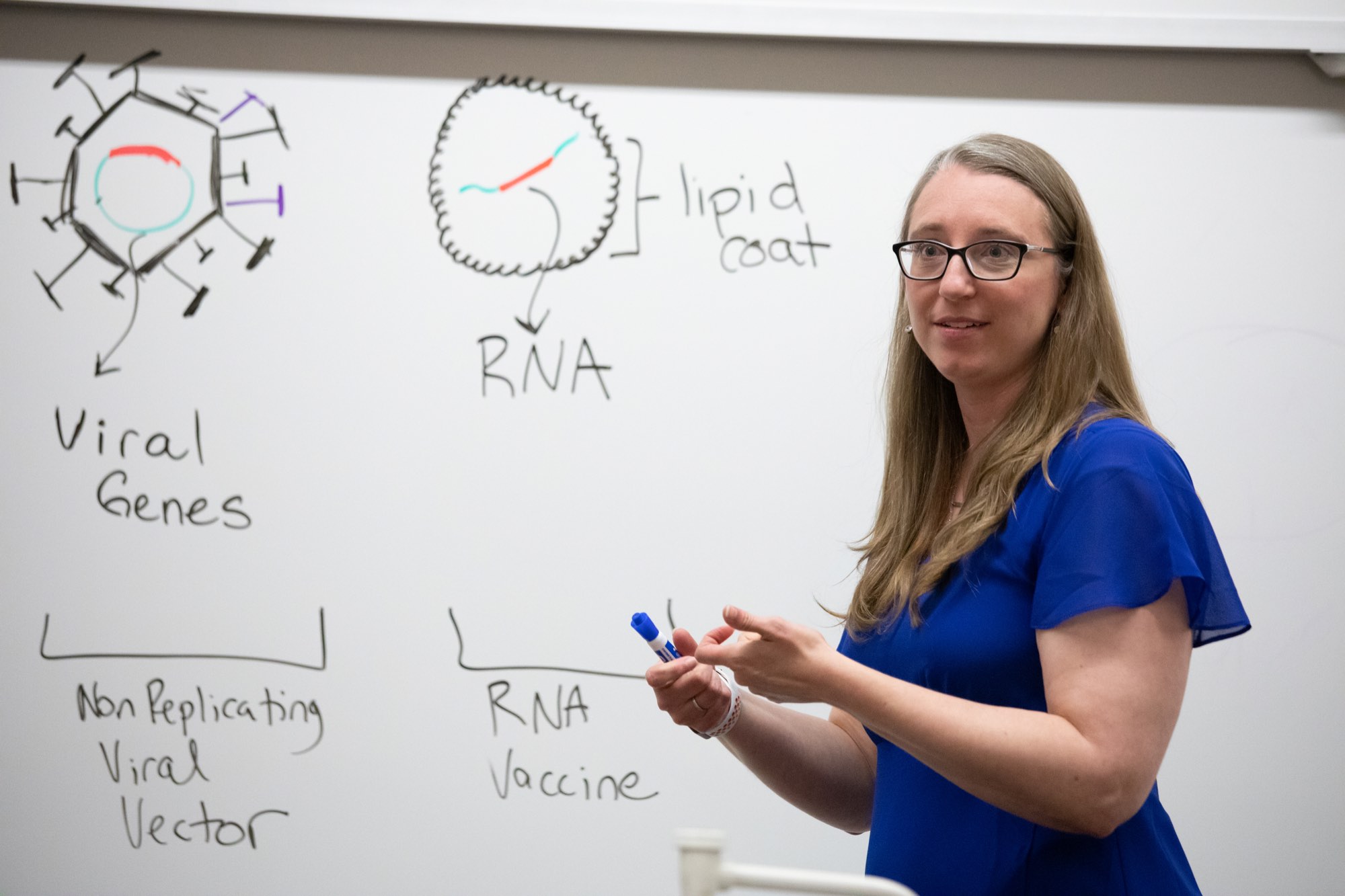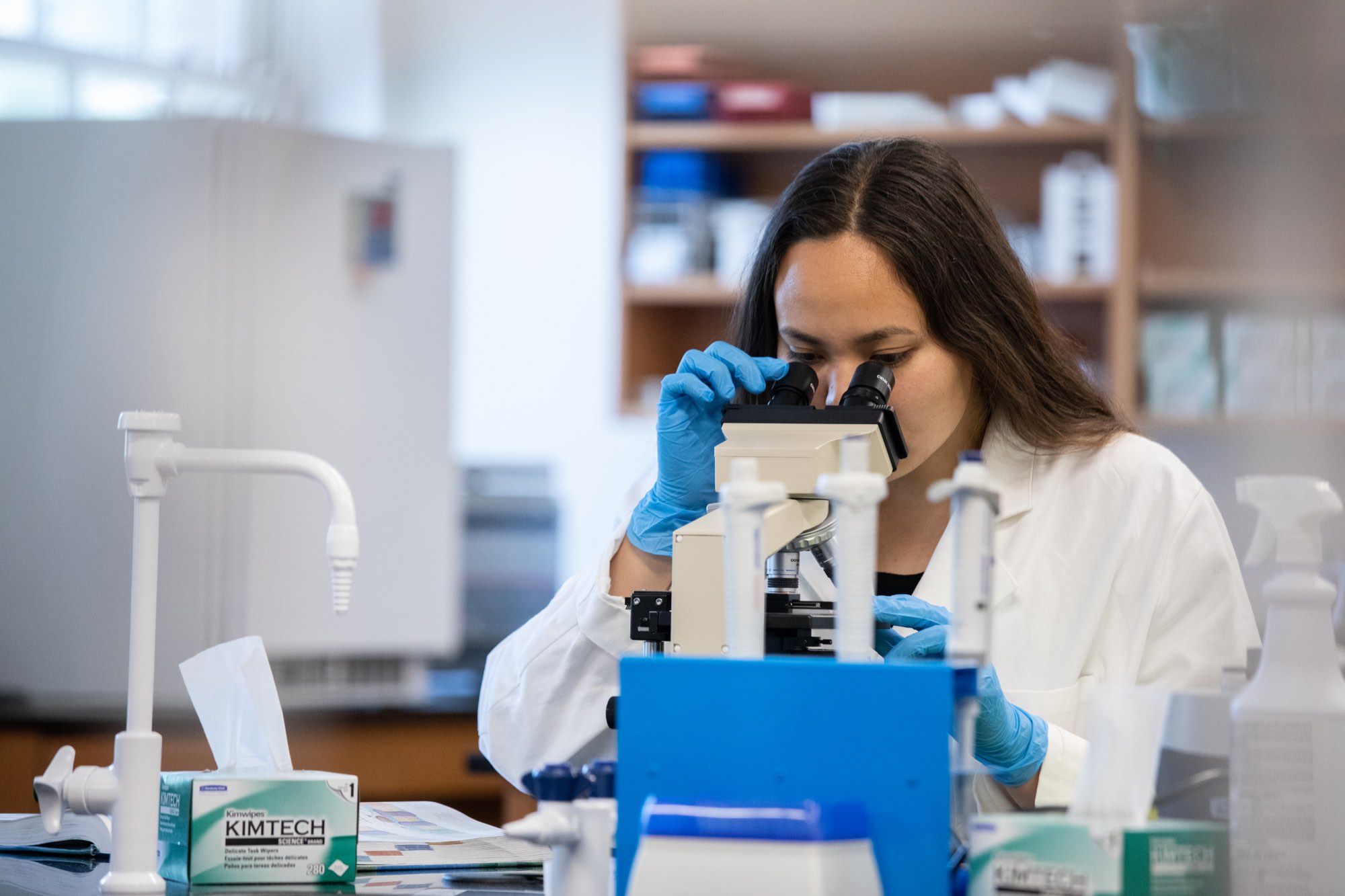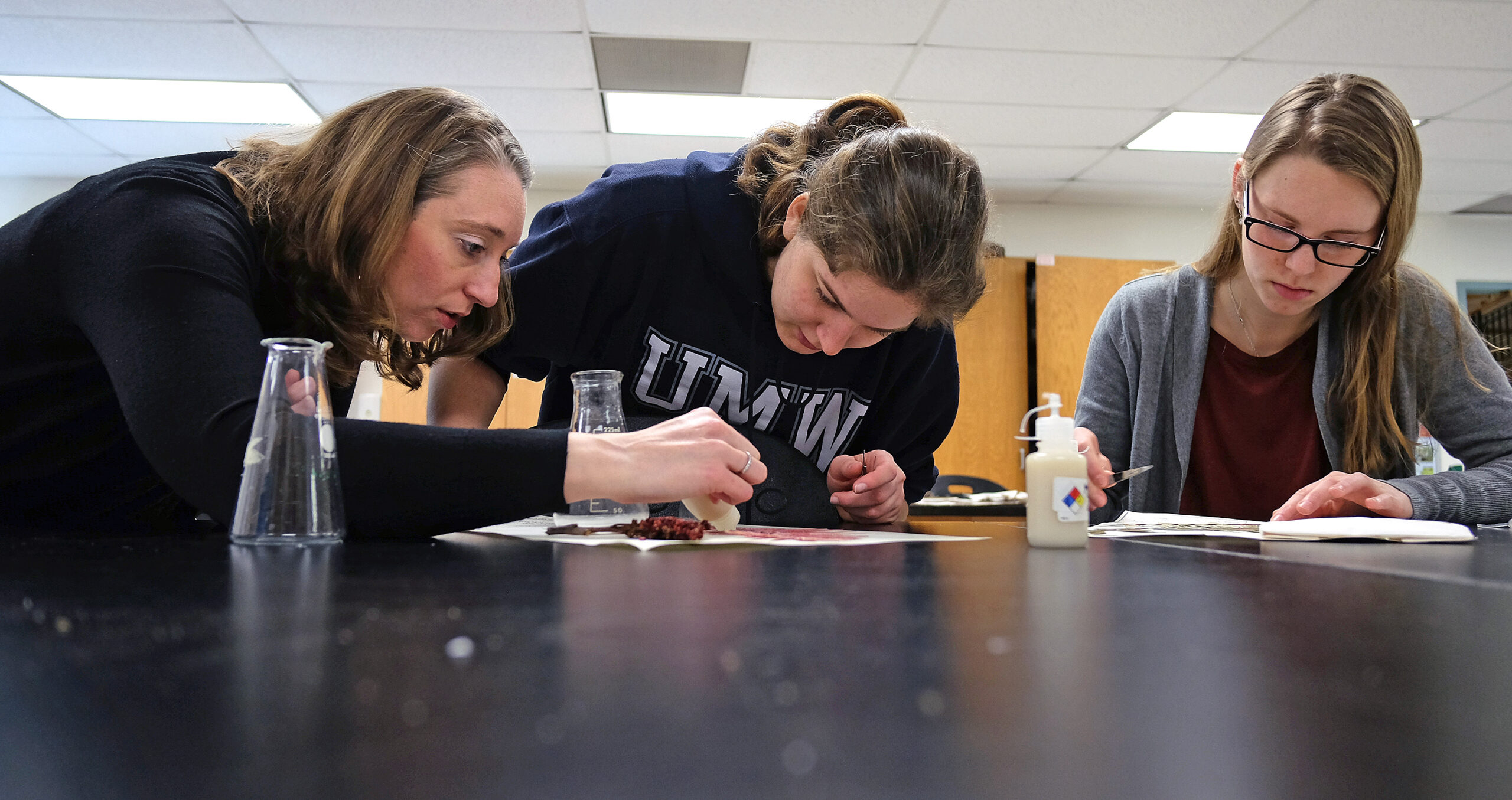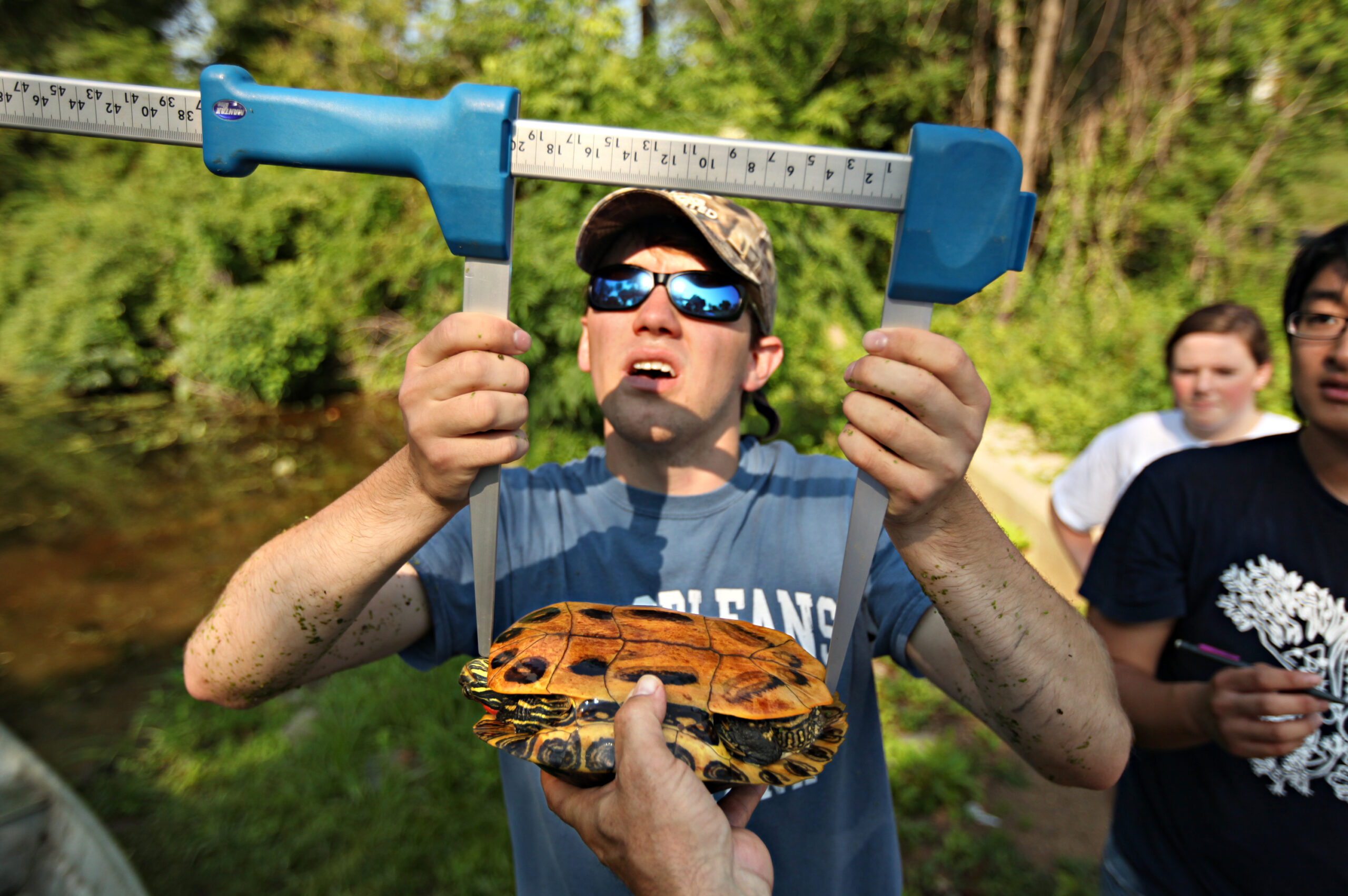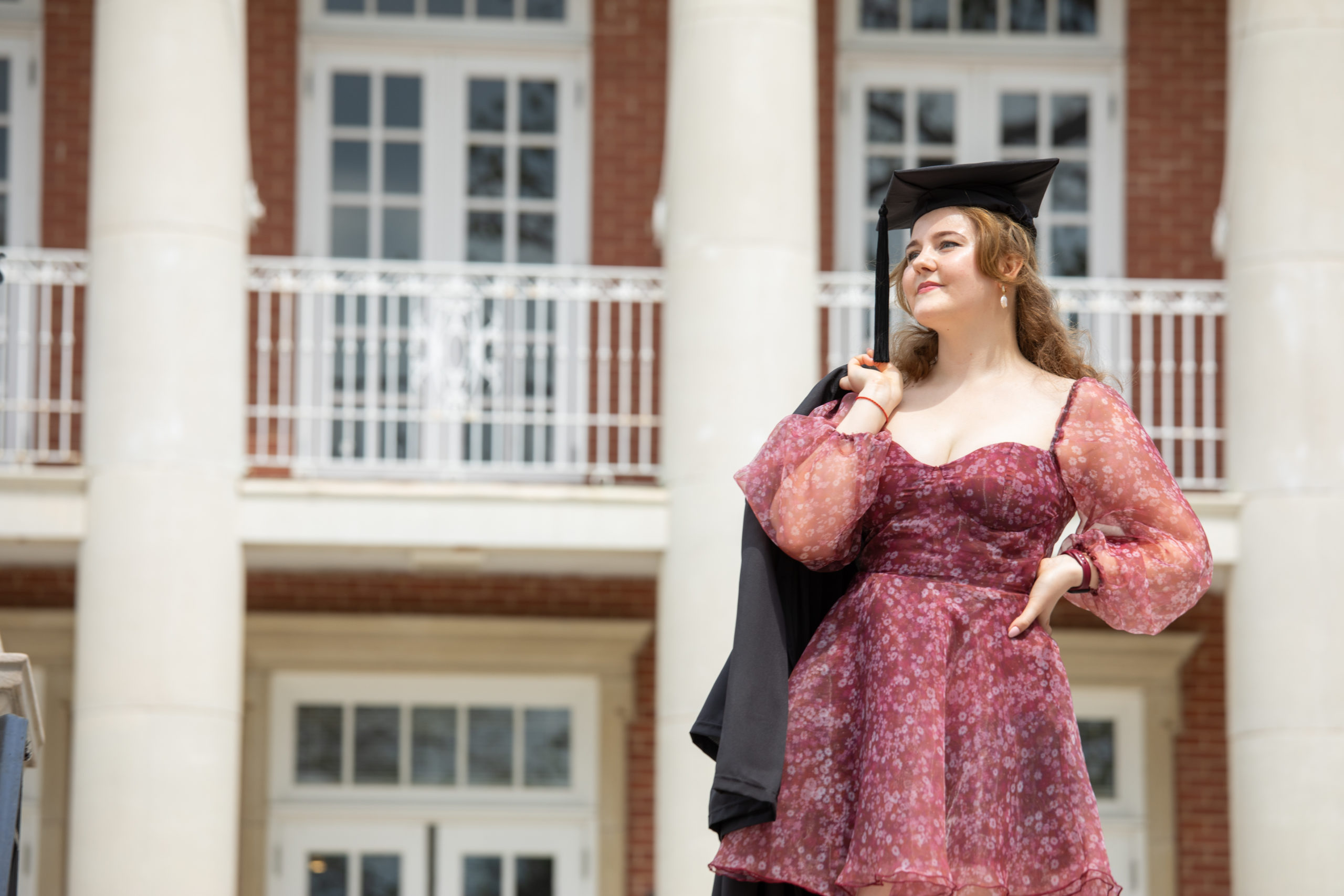Sociology
Why do people behave as we do?
How and why does human behavior shift depending on the groups we belong to or identify with? Major in sociology at the University of Mary Washington and you’ll unravel the mysteries of human relationships while building skills in critical thinking, writing and research you’ll need to help shape a complex world.
Degree Awarded
Students majoring in sociology who complete all requirements earn the degree of Bachelor of Arts (B.A.) in sociology.
Areas of Study
At UMW, you’ll get a strong foundation in sociological theory and research methods through the study of socialization, culture, social organization, social change, differentiation, and inequality. Courses focus on such topics as ethnic and racial relations, family, gender, medicine, occupations and professions, organizations, politics and the state, popular culture, population, religion, urban life, aging, juvenile delinquency, and criminology.
Career Opportunities
As a UMW sociology graduate, you’ll be prepared for graduate school or work. A semester-long research project will help you stand out from the crowd and build a career in health or social services, government, business, and more. Recent grads are working for such organizations as First Nations Development Institute, Development Action Awareness Nationwide, AmeriCorps, Jewish Services Corporation, Rappahannock Council Against Sexual Assault, and the Fredericksburg Department of Social Services. Others are studying toward degrees in social work, law, and sociology. Read more about the careers of recent graduates or check out sociology career resources.
Internships
Sociology student interns often work with agencies in the Fredericksburg region, but also in Washington, D.C., and Richmond, Virginia. UMW sociology and anthropology majors have completed internships at many organizations, including the following:
- disAbility Resource Center
- Empowerhouse (against domestic assault)
- Refugee Resettlement Services of the Catholic Diocese
- Lloyd F. Moss Free Clinic
- Rappahannock Legal Services
- Probation and Parole District 21
- Virginia Department of Juvenile Justice
- First Nations Development Institute
- The Community Foundation of the Rappahannock River Region
- The Valentine Richmond History Center
- Human Rights Campaign – LGBT equality group based in Washington, D.C.
- U.S. Census Bureau (D.C.)
- U.S. Sentencing Commission (D.C.)
- Downtown Greens
Learn more about internships in sociology.
To graduate with honors in sociology, majors must have maintained a grade point average of 3.5 or better and completed all honors requirements including certain upper-level classes and an honors thesis. Find the details at the Sociology Departmental Honors page.
The requirements for a degree in sociology include one introductory sociology course, three upper-level sociology courses that include research methods, history, and contemporary theory, and 18 credits of upper-level sociology courses.
One Bill Hanson Memorial Scholarship is awarded in a late professor’s honor each year to a deserving student. The award is based on merit, financial need, and commitment to peace and social justice.
